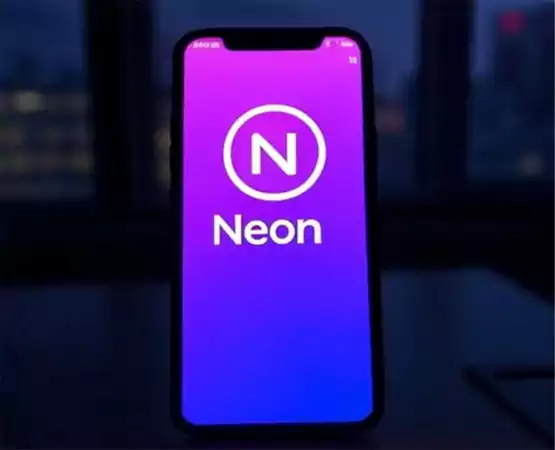
After major security issues were discovered, the new mobile app, Neon, which promised to pay users for recording their phone calls, has been taken offline. After the disclosures stopped its momentum, Neon shot briefly into second place on Apple’s social networking charts.
Launched under the pitch of letting people benefit from their own discussions, Neon provided users up to $30 a day by recording calls and distributing the soundtrack for training artificial intelligence programs. The idea gained much notice in a time when personal information is frequently gathered behind the scenes by presenting itself as a more open transaction. Research, however, discovered a major security weakness in the platform. Researchers claim that sensitive data, including phone numbers, call recordings, and even transcripts, were available via publicly expected links. This implied that any logged-in user could conceivably view the private information of others, which sparked immediate privacy and consent concerns.

Alex Kiam, the creator of the app Neon, recognized the problem by taking Neon offline. Kiam told users in communications that the firm would conduct a thorough security audit to span one to two weeks. Though he did not specifically mention the kind of breach, he stressed the necessity of adding more security measures. Legal issues have been raised as well by the findings. According to Neon’s terms of service, the company had extensive permissions to record, use, and distribute conversations, including licensing and unlimited selling of the material.
Must Read: Best Practices for Ensuring SaaS Security and Data Protection
Critics argue that, especially when combined with inadequate security, such arrangements offer minimal protection for consumers. Moreover, the lack of unambiguous in-call notifications might put the program against two-party consent rules in areas where both parties need to agree to be recorded. As Neon goes under its security check, its destiny is in doubt. Whether the program may win back regulatory clearance and public confidence will depend on its capacity to show significant safeguards.
